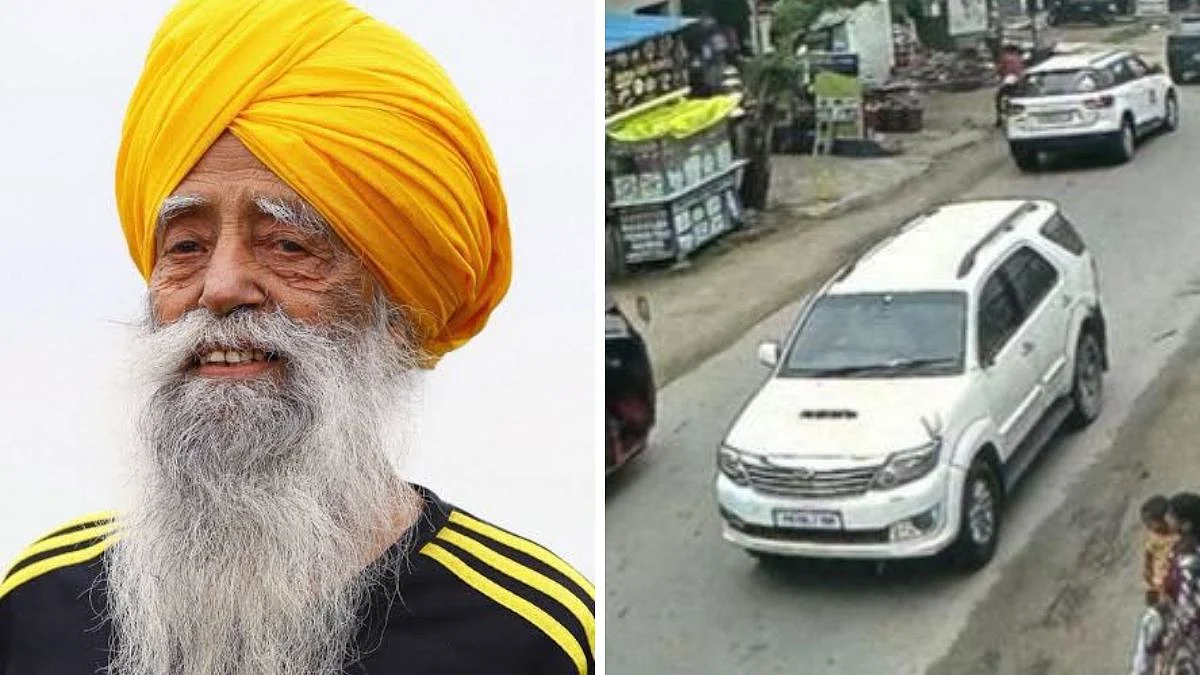True progress for women isn’t just about shattering ceilings; it’s about reshaping the very foundations to build a more inclusive and equitable future for all. Nowhere does this apply more than in the competitive world of electoral politics where the Indian woman fares poorly: India ranks 143rd in the monthly ranking of women in Parliament compiled by the Inter-Parliamentary Union’s Parline, out of approximately 180 countries. This places the country alongside nations such as Congo, Botswana, and Jordan.
Female voter engagement has steadily increased in recent general elections which is not the case with the numbers of successful women candidates who fought the elections and won. Only 74 women candidates won across 543 Lok Sabha constituencies, resulting in a strike rate of 9.3%. This is lower than the strike rate of 11.7% in 2019 and significantly lower than 48.6% in 1962, when 74 women contested and 36 won. In 2019, 78 women were elected as MPs. This year, over 790 women candidates contested, and notably, the top two parties fielded almost the same number of candidates. Despite this, the total number of women hopefuls remains significantly lower across all parties and independents. In a sense, we are now frozen with this level of women representatives for another five years which will impact debates, discussions, policy making from a gender lens, presence in the Cabinet, etc. In state legislative assemblies, women constitute, on average, just 9% of the total members cementing the conclusion that women remain, in 2024, abysmally underrepresented in politics.
.jpg)
Political reservations for women can be a powerful tool in advancing gender equality and improving development outcomes for women over the long term. For a nation with women constituting half its population, it cannot have ‘man-speak’ alone. While there is a perception that women’s reservation in panchayats was introduced as a token gesture, leaving them without real power, the reality has been quite different. Thirty years after the enactment of the 73rd and 74th Constitutional amendments, which reserved one-third of seats for women in local administrative bodies, it is clear that political quotas for women in local governance have been significant and empowering.
Elected women representatives have made notable contributions to improving development outcomes in rural India, even though their efforts are often undervalued and overlooked. These Constitutional amendments have had a transformative impact at the grassroots level, bringing over 1.4 million women into leadership positions. Today, around 44% of seats in local bodies are held by women in India, making it one of the top-performing countries in women’s political empowerment at the local level.
With the Women’s Reservation Bill now firmly committed to after nearly three decades of political oscillation, the challenge will be to increase the number of women candidates. This process needs to begin in the next five years to nurture women to contest in the 2029 elections; otherwise, there may be a supply-side shortfall. Indian political parties must focus on capacity building and legislative capability building for its future women legislators while grooming ready-to-fight-elections candidates. Just as businesses have professionalised, moving away from family-run enterprises, a democratic expectation of diversified legislators must emerge from the citizenry, not just political-family dynasties. The more women who are prepared thus and who get elected, the more representative will be the Lok Sabha and increasing number of women will get ministerial berths, making policies more representative and inclusive.
This prompts the question of how accessible the electoral arena is for women, especially for those who are first-generation entrants without a family political lineage. In the competitive world of campaigning and politics, having a family background offers a significant advantage. Familiar names like Supriya Sule, Kanimozhi Karunanidhi, Misa Bharti, and Dimple Yadav illustrate this point. Many successful women candidates hail from politically active families. For instance, Kriti Devi Debbarman (BJP) from Tripura East comes from a royal family with MLAs among its members, and Dr. Lata Wankhede (BJP) from Madhya Pradesh was introduced to politics by her husband. Priya Saroj, the youngest woman candidate to win the Lok Sabha elections, is the daughter of three-time MP Toofani Saroj. In Karnataka, Dr. Prabha Mallikarjun and Priyanka Jarkiholi, both from political families, won from Davangere and Chikkodi constituencies, respectively. The TMC’s achievement of electing 11 women MPs, including some first-time entrants, is impressive and seems to reflect a deliberate nurturing effort.
In politics, women have to navigate a maze of barriers just to get a seat at the table. It’s like playing a game of political chess, but with a twist: every move comes with a side of gender bias and systemic hurdles. The UNDP’s 2023 Gender Social Norms Index found that almost everyone in India holds some form of discriminatory attitude towards women.
Empowering women in politics isn’t just about adding seats at the table; it’s about redefining the conversation and rewriting the rules for a more just and balanced society. This is where every registered political party has to lead by example. The impact of the reservation bill will be positive only if it strengthens the political authority of all women and encourages their meaningful participation in national and state legislatures. Legislation merely legitimising dynastic influences, or existing divides across caste, religion etc will not suffice; diverse voices from the grassroots citizenry must be included in legislative processes. To ensure success by 2029, efforts must begin now.
Dr Srinath Sridharan is a policy researcher and corporate adviser. X: @ssmumbai. Dakshita Das is a policy expert and former civil servant











